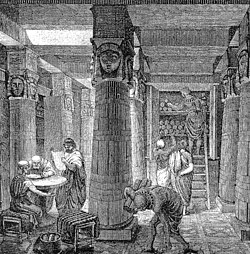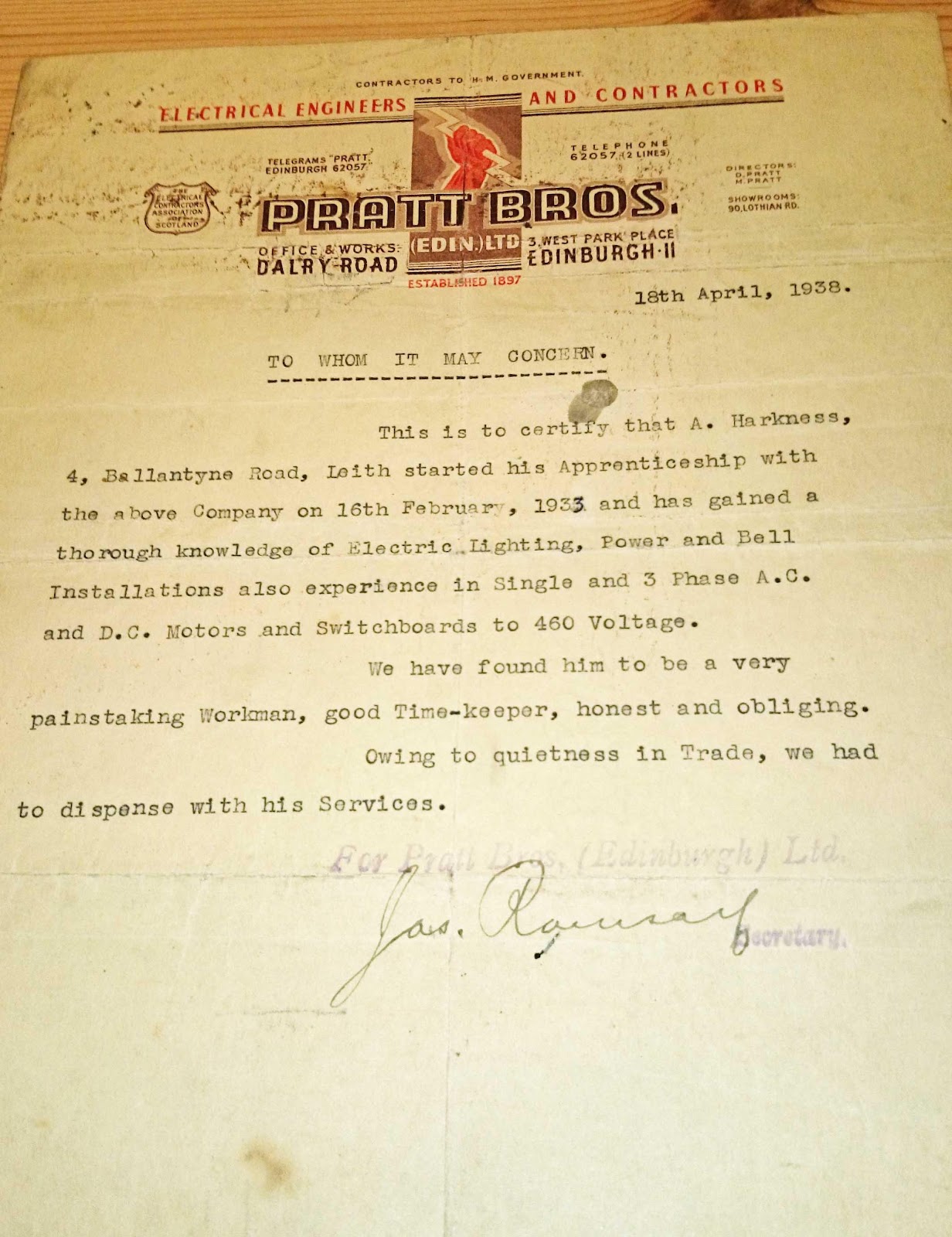In this post, I would like to discuss the industrial revolution reflected in our family history, as well as open a conversation on technological advancements during the Age of AI.
Industrial Revolution
My family’s occupations over the last 200 years and more provide an excellent illustration of the transition from the pre-industrial age, to the First Industrial Revolution, and then to the Second Industrial Revolution. Thus, the list of trades and professions corresponds to different technological eras.
Terms like ‘sailmaker’, ‘weaver’, ‘shoemaker’, and ‘jewel case maker’ were all trades in the early industrial period; the ‘iron dresser’ was a trade in the First Industrial Revolution. For a more detailed description, you can check Paul’s family tree in this post.
Of course, being an electrician was a trade associated with the Second Industrial Revolution of the late 19th and early 20th centuries. In other words, people may have had their own personal lives, but their lives were very much shaped by the technological developments of the day.

One might think that ‘world wars’ would halt such progress. Not so. Both my father and my grandfather contributed to war efforts during WWI and WWII by using their electrical expertise. Those who are hailed as heroes in times of war are often those who are ‘experts’ in killing the enemy. A good example is Group Captain Sir Douglas Robert Steuart Bader, the Royal Air Force flying ace during the Second World War. He was credited with 22 aerial victories.16 On the other hand, my father’s degaussing activities most likely saved many lives. However, ‘saving lives’ is not always the subject of heroism. In addition, my father was engaged in re-building Rangoon after the Second World War.

The Age of AI and Robotics
In today’s day and age, the ‘electricians’ have been ‘demoted’ to the status of ‘tradesmen’. That is, we are entering a new era of AI and robotics. Ironically, AI and data experts today may become tomorrow’s ‘tradesmen’ in another 30 or 50 years.
Future of ‘degaussing‘
The future of ‘degaussing’ may take a different path. So it seems probable that a new military technology will be developed to ‘de-electrify’ the ‘enemy’. That is, disarm all their civil and military devices. In simple terms, the whole of the Great Library of Alexandria17 stored in a flash drive may possibly be erased by means of a simple 10-cent magnet. If this happens, it is not unthinkable that we will return to the world of the Luddites. In other words, no LAW exists to ensure human ‘progress’.
The ‘Black Death’ is one such example. One might argue that in the long run, ‘progress’ will win the day. But in the words of Keynes, “In the long run we are all dead.”18 This means, the long term perspective is of little interest to people in their daily lives.
The future of AI
In the present day, there is much debate about the future of AI technology. AI sceptics, such as Stephen Hawking, Elon Musk, Professor Max Tegmark of MIT, and many other AI experts, have expressed concerns in an ‘Open Letter on Artificial Intelligence’. They are mostly worried about losing control over AI, which is related to the future development of technology.19
16 https://en.wikipedia.org/wiki/Douglas_Bader
17 https://en.wikipedia.org/wiki/Library_of_Alexandria
19 https://en.wikipedia.org/wiki/Open_Letter_on_Artificial_Intelligence



